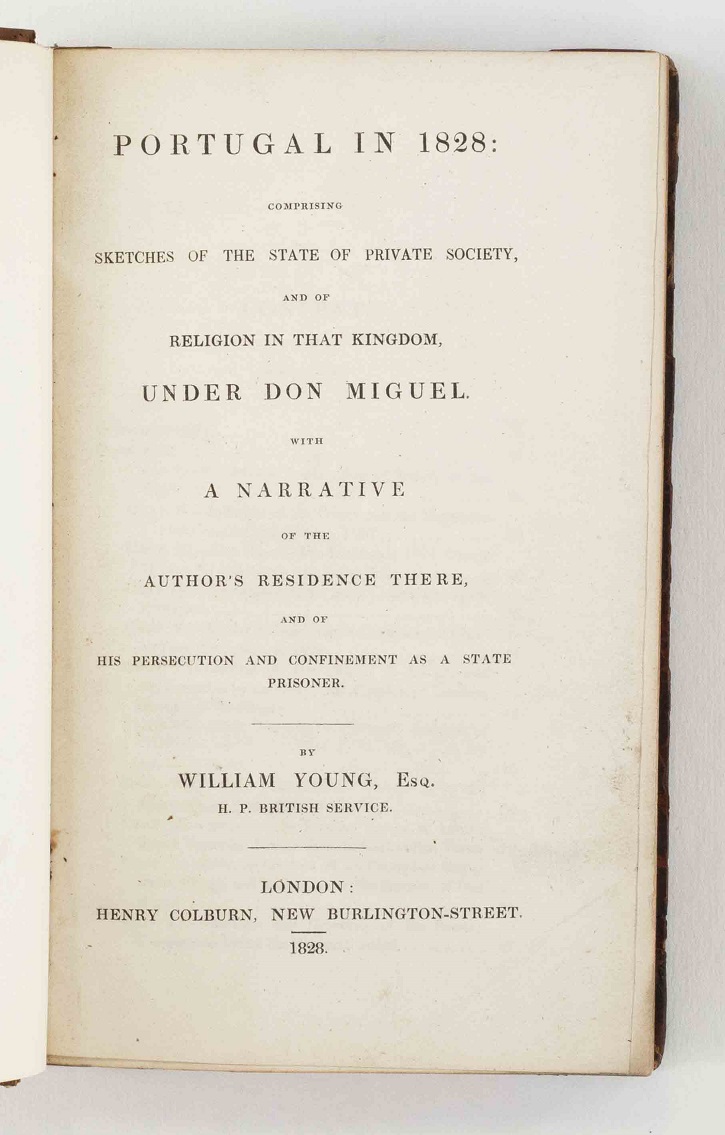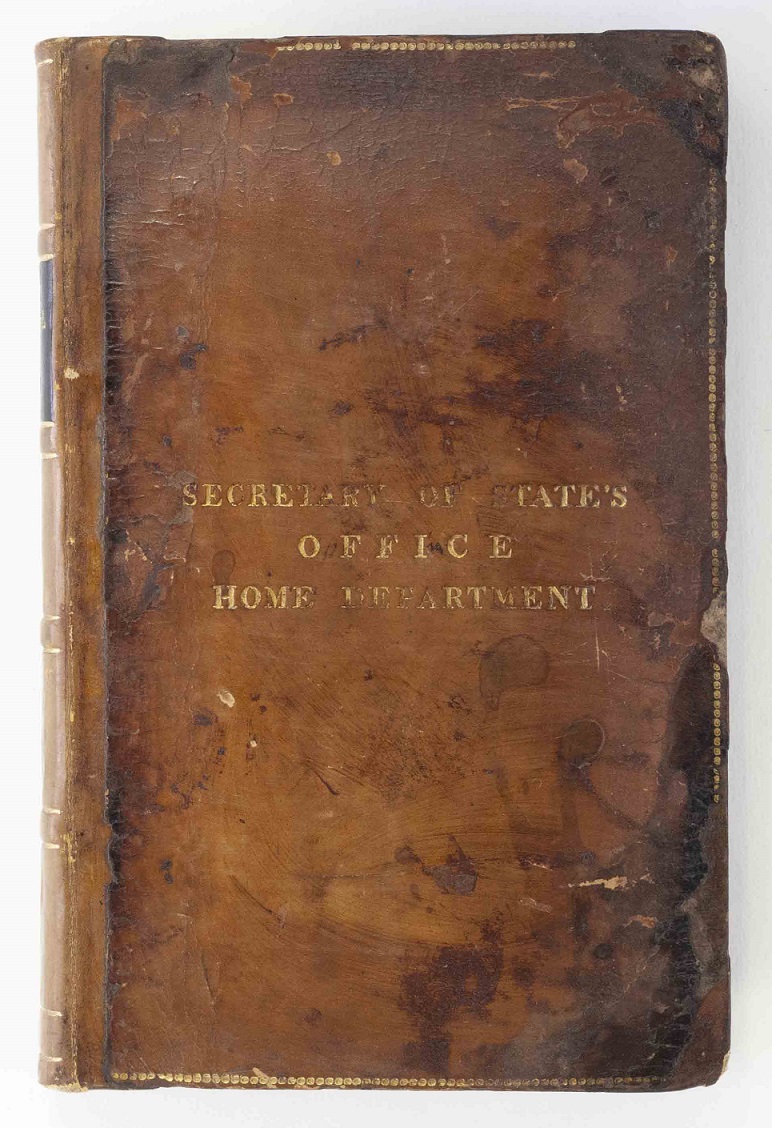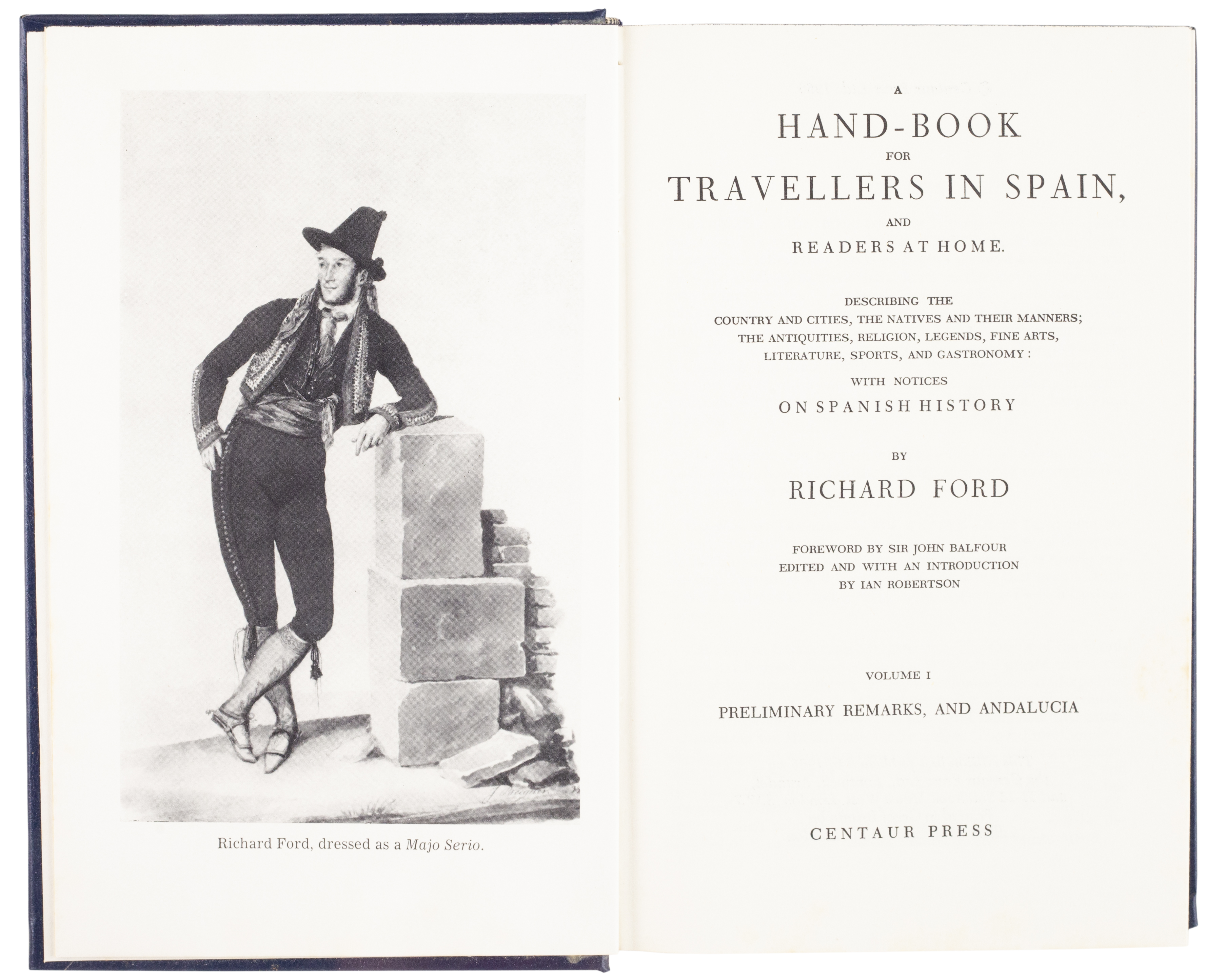

A PRISONER IN PORTUGAL
YOUNG, William.
Portugal in 1828: comprising sketches of the state of private society, and of religion in that kingdom, under Don Miguel. With a narrative of the author’s residence there, and of his persecution and confinement as a state prisoner ...
London, Henry Colburn, 1828.
8vo, pp. vi, 352, [1 blank]; very occasional light spotting; very good in contemporary calf, rebacked, black morocco lettering-piece to spine; some wear to extremities and boards; upper covered lettered in gilt ‘Secretary of State’s Office Home Department'.

Added to your basket:
Portugal in 1828: comprising sketches of the state of private society, and of religion in that kingdom, under Don Miguel. With a narrative of the author’s residence there, and of his persecution and confinement as a state prisoner ...
First edition of this important account of Portugal at the outset of the reign of Miguel I, who became regent in February 1828 and proclaimed himself king in July, and who was variously nicknamed ‘the absolutist’ and ‘the usurper’.
William Young went to Portugal in 1808 with General Sir John Moore, later settling in the city of Leiria with his Portuguese wife. Following the rise to power of Miguel I, he was arrested at his home in 1828 on charges of being a Freemason and a spy, and was incarcerated at Leiria and then Lisbon. He spent several months in prison before his release was secured by the Earl of Aberdeen (then Secretary of State for Foreign Affairs, later Prime Minister). Written following Young’s return to England, this work is a virulent attack on Miguel, ‘the infamous usurper’, and on the corruption of the clergy and judicial system under his regime. ‘All Europe’, he writes, ‘ought to make common cause against this wretch.’
The work’s principal value lies in the author’s descriptions of the prisons in which he found himself incarcerated, and of the inmates, including political prisoners, he encountered, often in a pitiful state. It ends with numerous documents relating to his own trial.
Provenance: formerly in the library of the ‘Secretary of State’s Office Home Department’ (the Home Office). It presumably entered the library under the tenure of Sir Robert Peel, who served as Home Secretary under the Duke of Wellington from January 1828 until November 1830.

